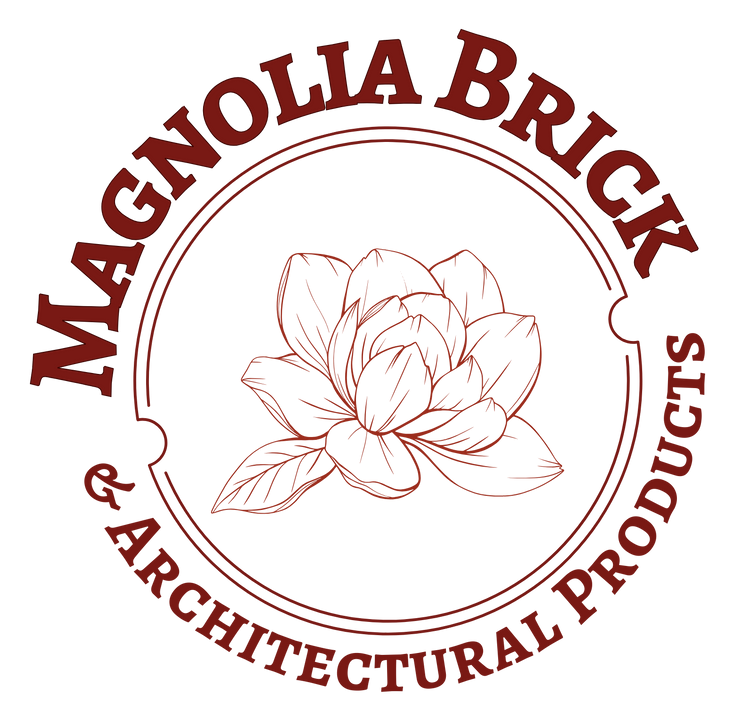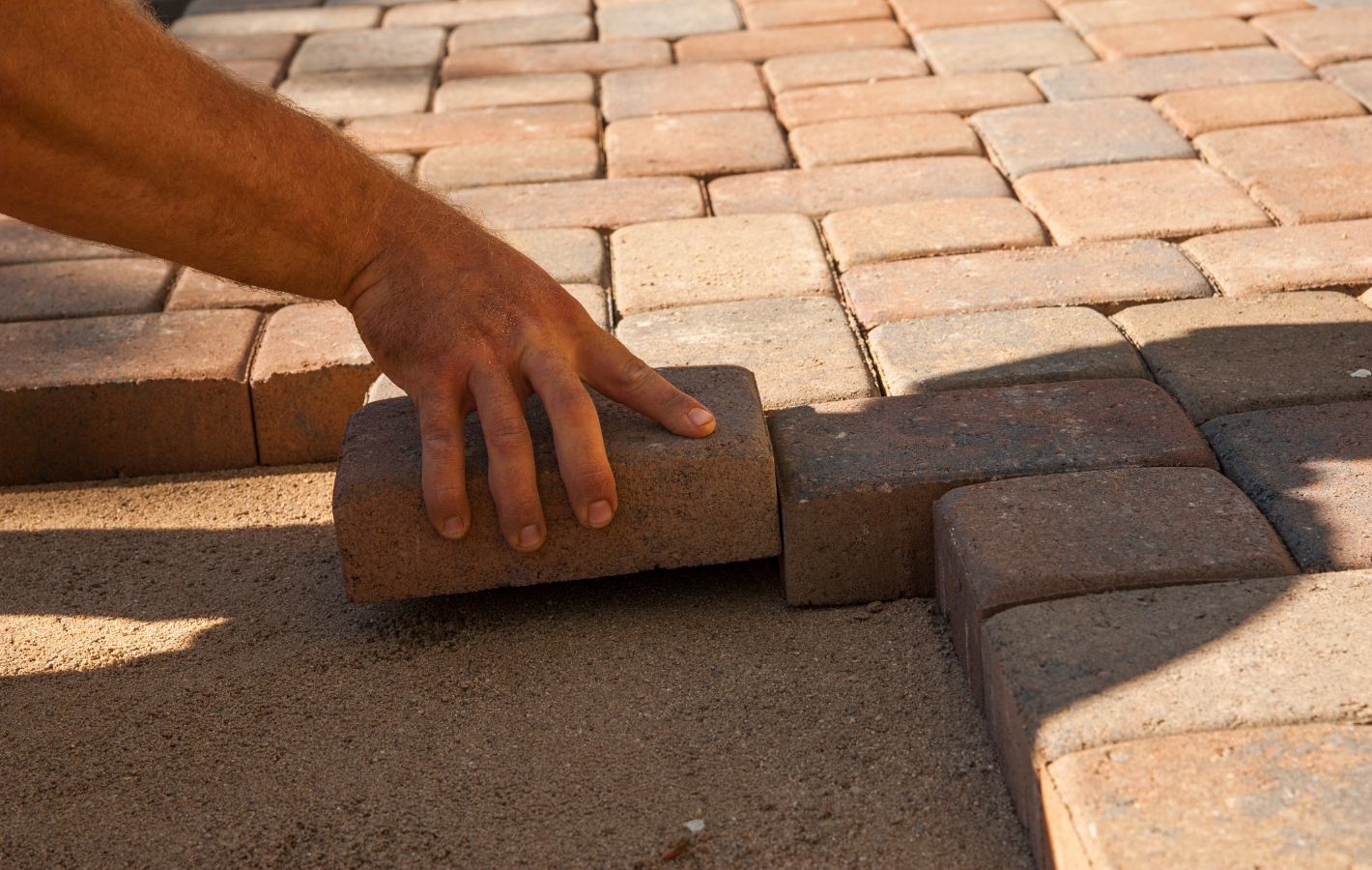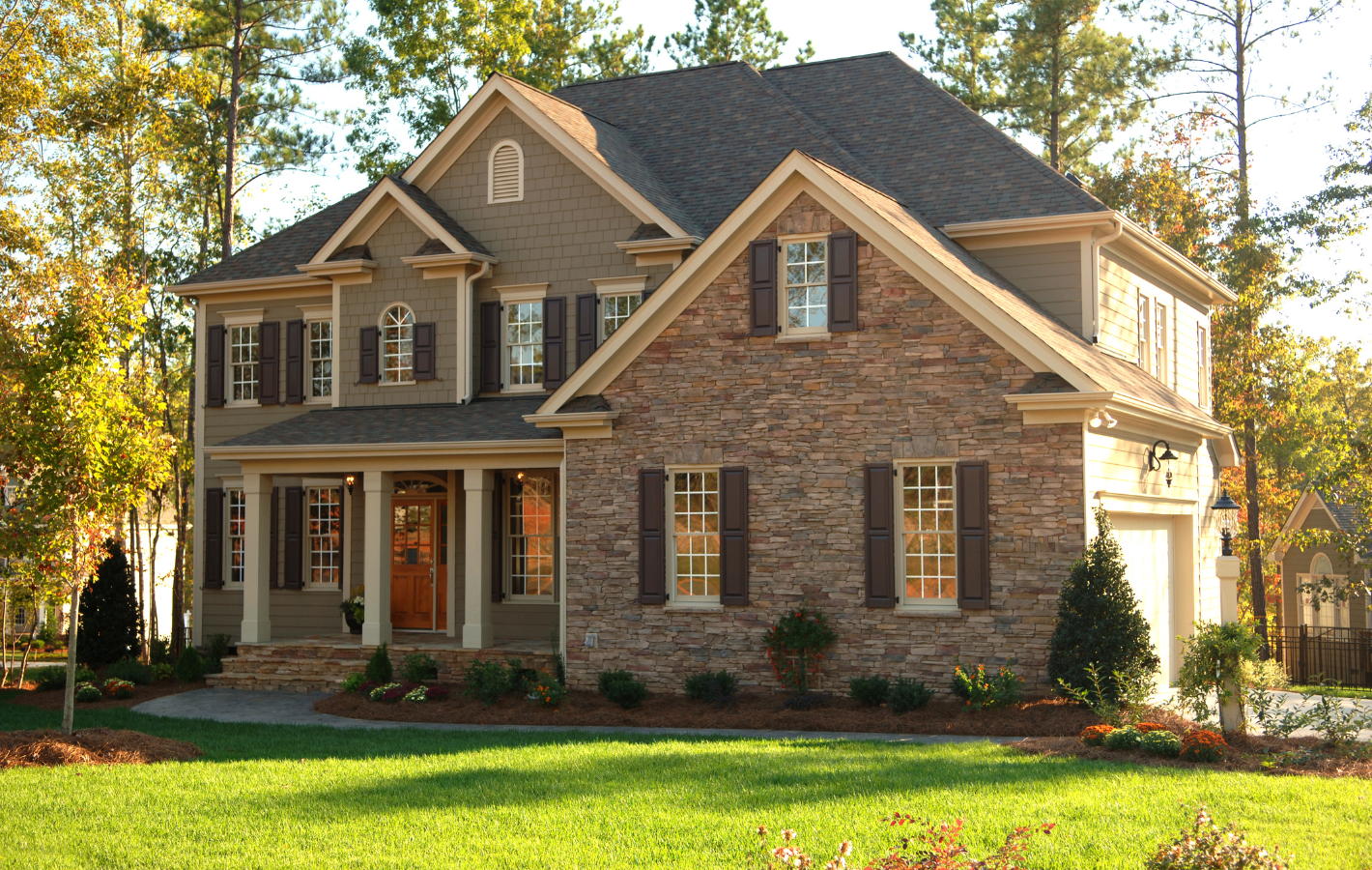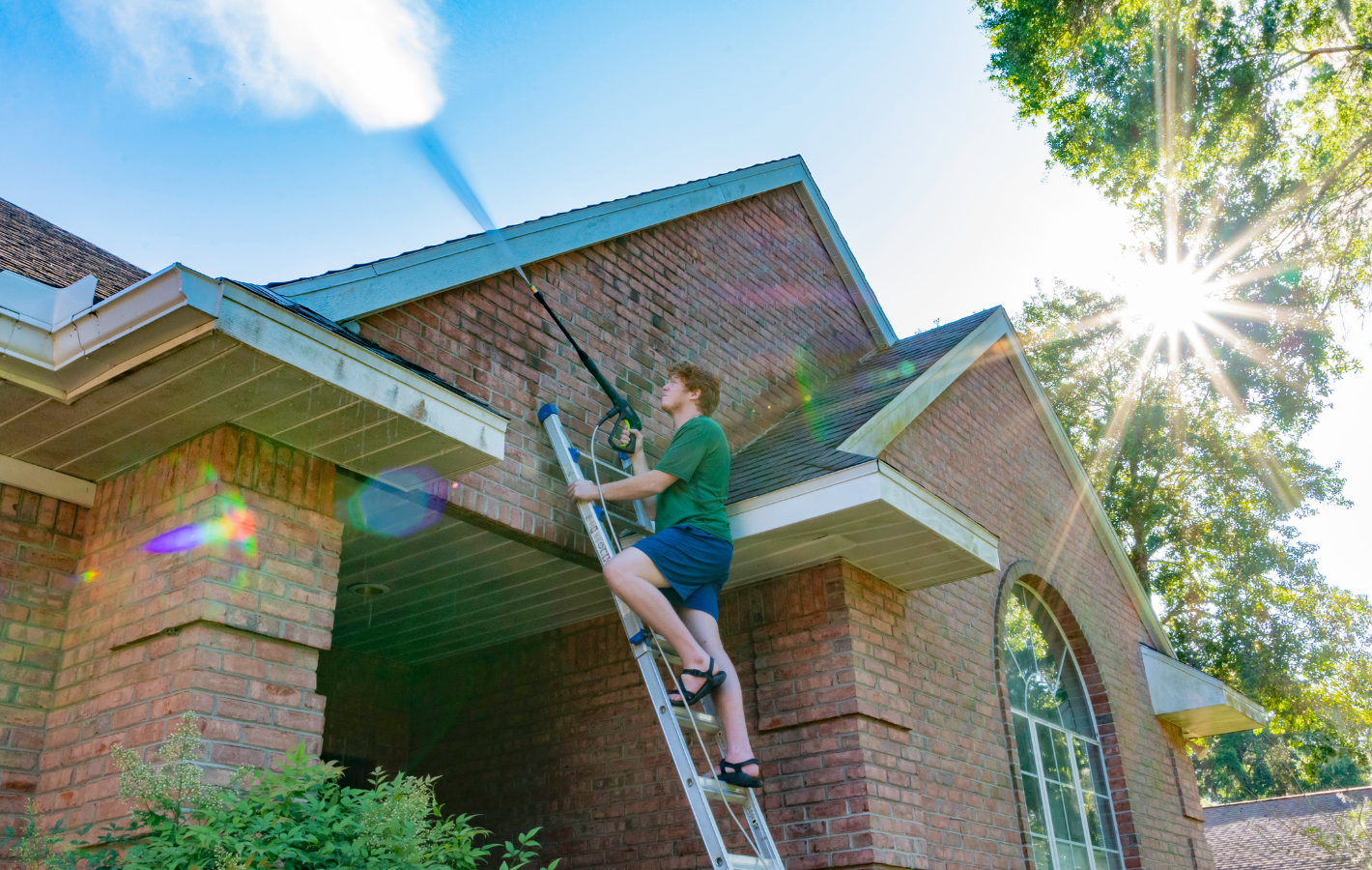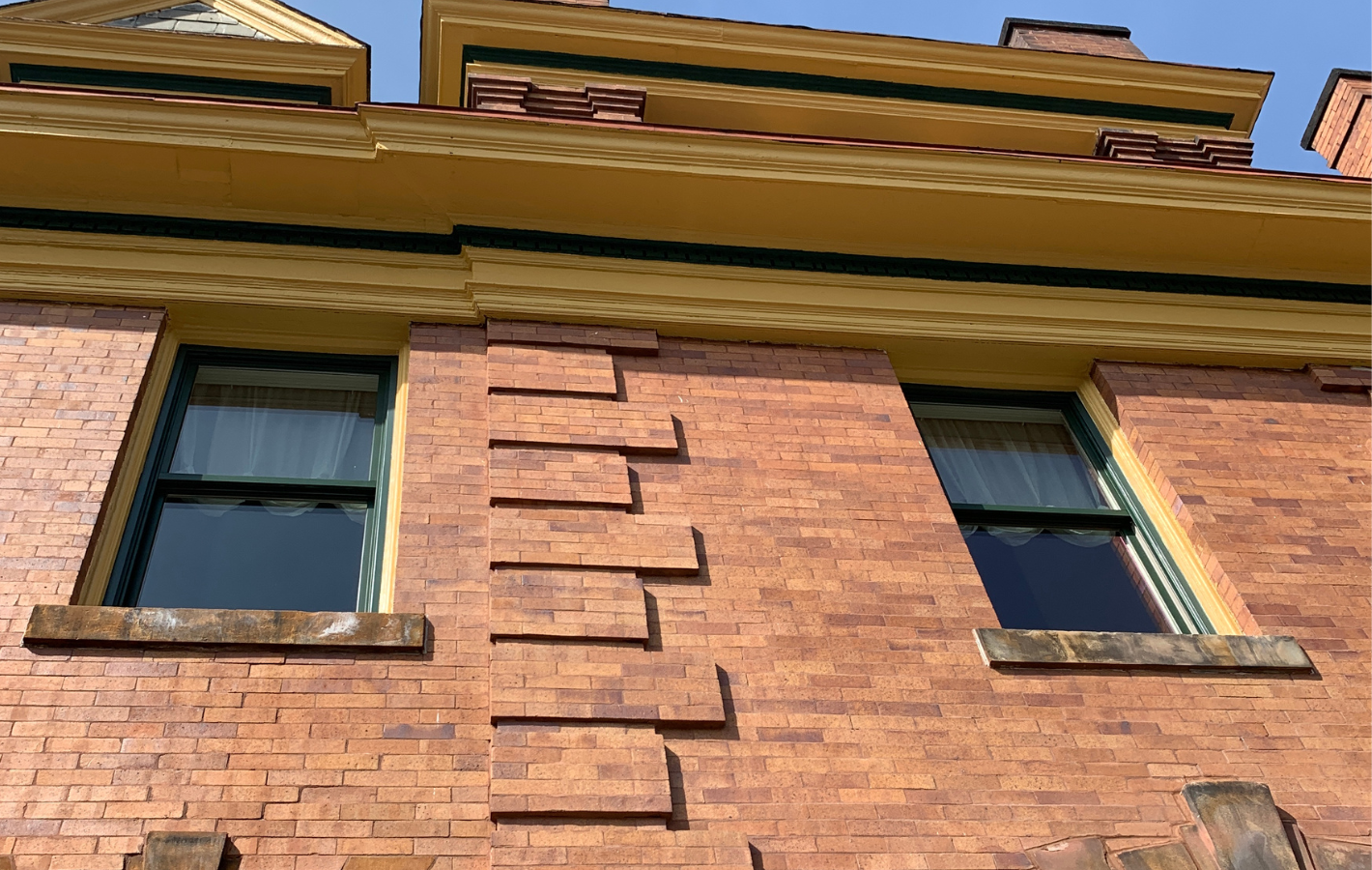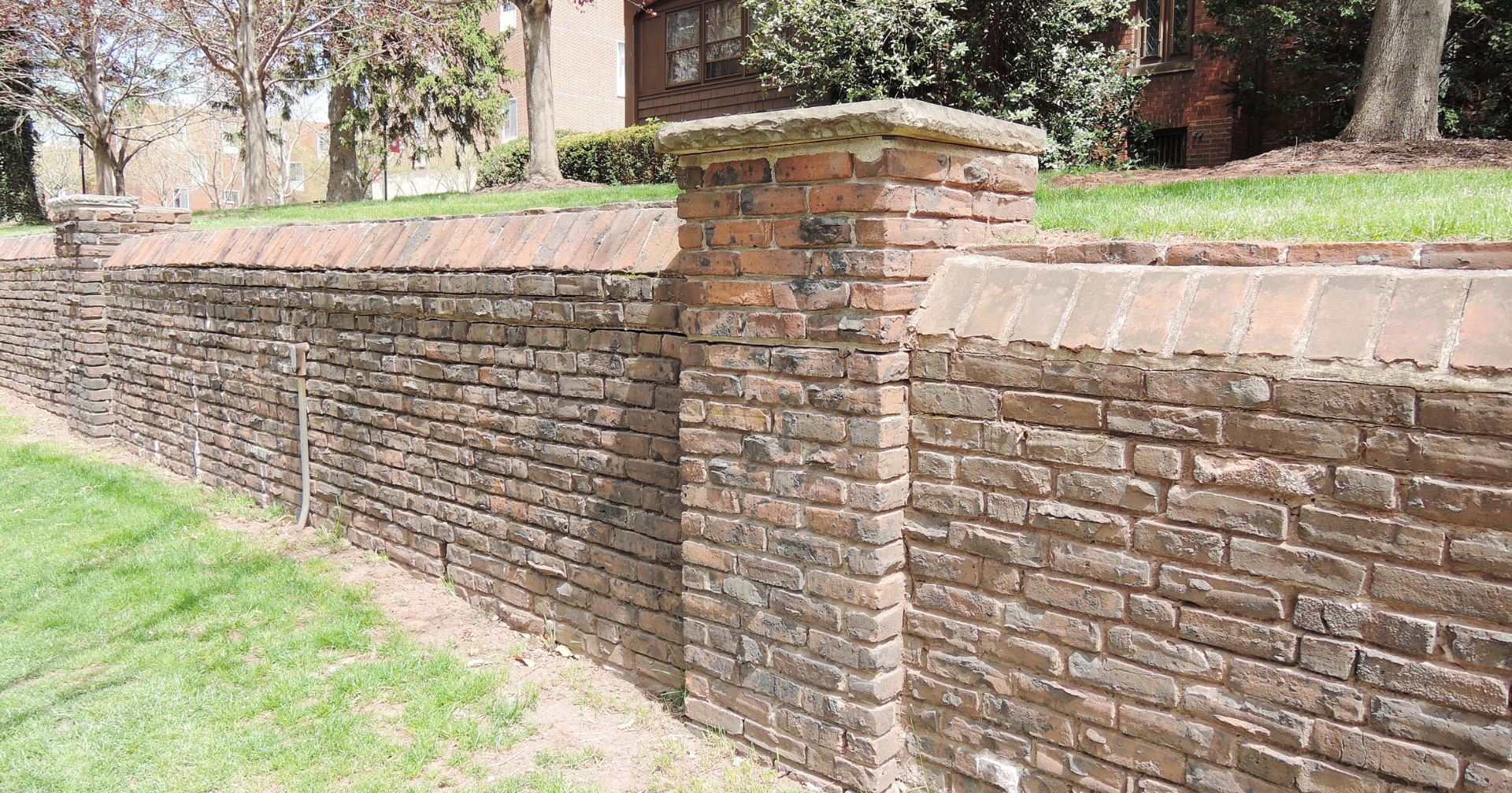
FAQs About Bricks: Answers to Your Most Pressing Questions
Dec 28, 2023
FAQs About Bricks: Answers to Your Most Pressing Questions
Bricks have been a staple in construction for centuries, known for their durability, timeless appeal, and versatility. Whether you're planning a home renovation or embarking on a new construction project, you likely have questions about bricks and their applications. At Magnolia Brick, with locations in Tupelo, MS, and Oxford, MS, we're here to provide answers to some of the most frequently asked questions about bricks. Let's dive into the world of bricks and address your pressing queries.
1. What Are Bricks Made Of?
Bricks are typically made from natural clay, shale, or a mixture of both. These raw materials are molded into brick shapes, dried, and then fired in kilns at high temperatures to create the hardened bricks we see in construction.
2. What Are the Different Types of Bricks?
There are various types of bricks available, each designed for specific applications. Some common types include:
Common Bricks: Used for general construction purposes.
Facing Bricks: Designed for use on exposed surfaces, known for their aesthetic appeal.
Engineering Bricks: Highly durable and often used for structural purposes.
Fire Bricks: Resistant to high temperatures and commonly used in fireplaces and ovens.
Pavers: Used for outdoor applications like driveways, patios, and walkways.
3. How Long Do Bricks Last?
Bricks are renowned for their durability and can last for many decades, even centuries, when properly maintained. The lifespan of bricks can vary depending on factors such as climate, maintenance, and exposure to elements.
4. Are Bricks Environmentally Friendly?
Yes, bricks are considered an environmentally friendly building material. They are made from natural clay and shale, which are abundant and sustainable resources. Brick manufacturing processes have also become more energy-efficient and eco-friendly over the years.
5. Can Bricks Be Recycled?
Yes, bricks can be recycled. They can be crushed and used as aggregates in new brick production or as a component in road construction. Recycling bricks helps reduce waste and conserves resources.
6. Do Bricks Require Maintenance?
Bricks are relatively low-maintenance, but they may require occasional cleaning to remove dirt and stains. It's also essential to inspect for any loose or damaged bricks and address them promptly to prevent further deterioration.
7. Are Bricks Energy-Efficient?
Yes, bricks offer excellent thermal properties, providing natural insulation to buildings. They can help regulate indoor temperatures, reducing the need for heating and cooling, and thereby contributing to energy efficiency.
8. Can Bricks Be Painted?
Yes, bricks can be painted, but it's essential to choose the right type of paint and follow proper preparation and application techniques. Some homeowners prefer painting bricks to change their appearance, while others prefer the natural look.
9. What Are the Advantages of Using Bricks in Construction?
The advantages of using bricks in construction include:
Durability and longevity.
Aesthetic appeal and design versatility.
Fire resistance.
Natural insulation properties.
Low maintenance.
Sustainability and eco-friendliness.
10. Can Bricks Be Used for Interior Walls?
Yes, bricks can be used for interior walls, creating a rustic and charming look. Thin brick veneers are a popular choice for interior applications, as they are lightweight and can be applied to a variety of surfaces.
11. What Is the Difference Between Common Bricks and Facing Bricks?
Common bricks are designed for structural purposes and are typically used in concealed areas of buildings. Facing bricks, on the other hand, are used on exposed surfaces and are known for their aesthetic appeal and quality finish.
12. How Do I Choose the Right Type of Bricks for My Project?
Choosing the right type of bricks depends on your project's specific requirements, such as structural needs, design preferences, and budget. Consulting with a brick expert can help you make the best choice for your project.
13. Can Bricks Be Used for Landscaping?
Yes, bricks are commonly used for landscaping purposes, such as creating retaining walls, garden borders, and pathways. Brick pavers are also popular for outdoor applications like driveways and patios.
14. Do Bricks Come in Different Colors and Textures?
Yes, bricks come in a wide range of colors, textures, and finishes. This diversity allows for creativity in design, from classic red bricks to modern and textured options.
15. Can Bricks Be Used in Sustainable Construction?
Absolutely. Bricks are a sustainable building material due to their natural composition and durability. They can contribute to sustainable construction practices and green building certifications.
16. Are Bricks Resistant to Termites and Pests?
Yes, bricks are not susceptible to termite infestations or damage from pests. Their solid composition provides a natural barrier against these issues.
17. Can Bricks Be Customized for Unique Designs?
Bricks can be customized to create unique designs by using different colors, textures, and patterns. Custom brickwork can enhance the aesthetics of a building and make it stand out.
18. What Is the Difference Between Brick and Stone Construction?
Brick and stone construction both offer durability and timeless aesthetics. The main difference is the material used: bricks are made from clay or shale, while stone is a natural material, typically quarried.
19. Do Bricks Require Sealing?
In most cases, bricks do not require sealing, as they are naturally resistant to moisture. However, certain applications, like brick pavers or veneers in wet areas, may benefit from sealing to prevent staining.
20. Can Bricks Be Used for Modern Architectural Designs?
Yes, bricks can be used for modern architectural designs. Their versatility allows them to adapt to a wide range of architectural styles, including contemporary and minimalist designs.
21. What Is the Process for Installing Thin Brick Veneers?
The installation process for thin brick veneers involves preparing the surface, applying adhesive or mortar, and carefully placing the veneers. It's essential to follow manufacturer guidelines and consult with a professional for best results.
22. Can Bricks Be Repurposed or Recycled After Use?
Yes, bricks can be repurposed or recycled after their initial use. They can be crushed and used in various applications, reducing waste and conserving resources.
23. What Is the Role of a Brick Expert in Construction Projects?
A brick expert can provide valuable insights and guidance in choosing the right type of bricks for a project, ensuring proper installation, and addressing any specific concerns or requirements.
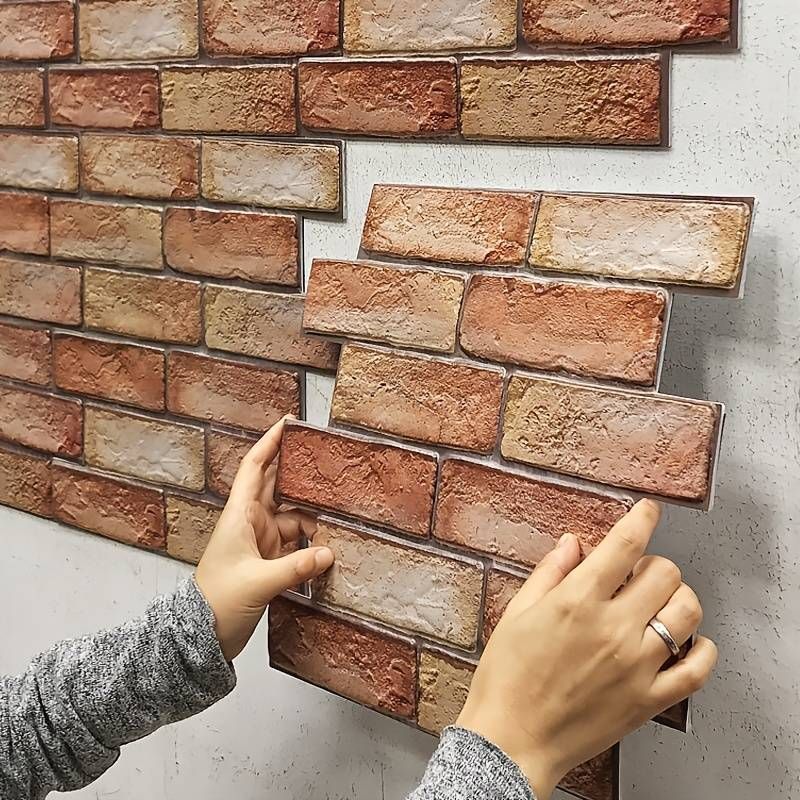
02 May, 2024
Introduction: Selecting the right mason is crucial for the success of any bricklaying project. Whether you're building a new structure or restoring an existing one, partnering with a skilled and experienced mason can make all the difference in achieving superior craftsmanship and peace of mind. In this guide, we'll explore the keys to finding, vetting, and partnering with the perfect bricklaying professional, ensuring your project is in capable hands from start to finish. Step 1: Define Your Project Needs: Before beginning your search for a mason, take the time to define your project needs and goals. Consider the scope of work, timeline, and budget for your project, as well as any specific requirements or preferences you may have. This will help you narrow down your search and find a mason who is the right fit for your project. Step 2: Conduct Research: Start your search for a mason by conducting research online and asking for recommendations from friends, family, and colleagues. Look for masons who specialize in the type of work you need, whether it's new construction, restoration, or repair. Take the time to read reviews and testimonials from past clients, and ask for references to verify the quality of their work. Step 3: Vet Potential Candidates: Once you've compiled a list of potential masons, it's time to vet them thoroughly. Schedule interviews or consultations with each candidate to discuss your project needs and evaluate their experience, expertise, and communication skills. Ask about their qualifications, certifications, and previous projects, and inquire about their approach to safety and quality control. Step 4: Review Portfolios and References: Ask each mason to provide a portfolio of their past work, including photographs or samples of completed projects. Review these carefully to assess the quality of their craftsmanship and attention to detail. Additionally, contact references provided by the mason to inquire about their experience working with them and the overall satisfaction with the completed project. Step 5: Get Multiple Quotes: Before making a final decision, obtain multiple quotes from different masons to compare pricing and services. Be wary of any quotes that seem significantly lower or higher than the others, as this may indicate a lack of experience or hidden costs. Choose a mason who offers competitive pricing and transparent pricing. Step 6: Sign a Detailed Contract: Once you've selected a mason for your project, be sure to sign a detailed contract outlining the scope of work, timeline, payment schedule, and any other terms and conditions. Make sure to clarify any questions or concerns you may have before signing, and keep lines of communication open throughout the duration of the project. Conclusion: By following these steps, you can master the process of finding, vetting, and partnering with the perfect bricklaying professional for your project. With the right mason by your side, you can rest assured knowing that your project is in capable hands, ensuring superior craftsmanship and peace of mind from start to finish.

© 2024
All Rights Reserved | Magnolia Brick & Architectural Products
